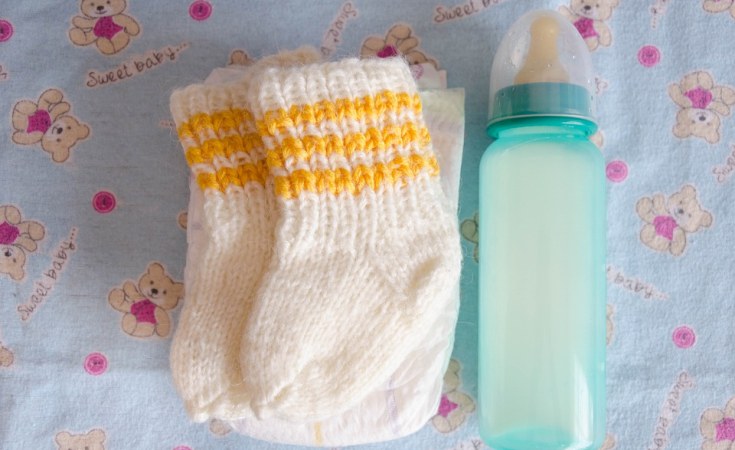The World Health Organization (WHO) has launched its first ever global guideline to support women and newborns in the postnatal period – the first six weeks after birth. 50% of all baby deaths occur during the postnatal period, these guidelines, particularly around exclusive breastfeeding for babies in the immediate postpartum could prevent half of those deaths.
"The burden of maternal neonatal mortality and morbidity during the first six-week period remains unacceptably high. Almost one in three maternal deaths occur after birth. Also half of the deaths of children under the age of five are newborn babies. The postnatal phase is a period of significant transition, where women experience a whole range of emotions, sometimes constructive emotions, from intense joy and happiness to low mood, anxiety and depression, often also compounded by feelings of fatigue and exhaustion.
"A lot of women will experience at some period, perinatal depression that without timely management can have devastating consequences not only for themselves, but also for their babies and their families", said Dr Mercedes Bonet, a medical officer with WHO's Department of Sexual and Reproductive Health and Research and the UN Special Programme.
"Women's bodies also undergo changes during this period, which can lead to a variety of symptoms including pain and discomfort, and can negatively affect a woman's postnatal experience. Her capacity to take care of herself and have her baby. But postnatal care is also crucial time to build the basis of relationships and establish care behaviors that affect long term infant health and development", added Dr Bonet.
The recommendations confirm the importance of postnatal care during the first 24 hours after birth, regardless of the place of birth, either in a facility or at home. For facility based birth, the time in the facility has to be optimized by health workers to complete all the assessments, provide all the information women and parents need and to establish links to get support after they're discharged home from the facility.
Maternal mental health has been prioritized with universally recommended screening for and prevention for maternal depression and anxiety during the postnatal period. For the first time, WHO has also issued recommendations for universal screening of newborns for abnormalities, hearing impairment, and hyperbilirubinemia. These screening interventions will need effective systems for referral confirming diagnosis, management of the conditions and follow ups.
"There are two recommendations covering maternal mental health, comorbidities, depression and anxiety. The first recommendation is around screening all women using a standardised tools for depression and anxiety ... also taking into account that every time a woman meets health workers they have to also be asked about the well being and how they're feeling and this is a very good way of catching any potential mental health problems early.
"The second recommendation is around using interventions for prevention of this condition. And these are mainly either psycho-social or psychological interventions, a lot of them around problem solving, managing stress, and those interventions that can help and be very effective in terms of preventing these mental health conditions. This is very important because a woman with depression or suicidal thoughts or any other mental condition will have difficulties in their relations with the baby and that this can affect their baby's health and development", said Dr Bonet.
"In the important postpartum period, the first 42 days, the importance of mother's own breast milk in providing all that the baby needs over that period is obviously paramount - what we call exclusive breastfeeding - so babies need all mother's own milk through this period, and that really sets them up for their whole childhood. It's such a critical period for programming or getting their nutrition right, so for babies it's about exclusive breastfeeding in the these first months of life. And obviously the nutrition of the mothers is so important for her own mental health and well being and also for the health of her baby as well", said Dr Karen Edmond from WHO's Pediatrician, Maternal, Newborn, Child and Adolescent and Ageing Health Department.
"Climate change is also a threat especially to women during postpartum and new born babies, there are direct effects like extreme heat and pollution. There are also indirect effects to accessing food, crop loss or population displacements, because of that women might not be able to get the healthy recommended diet. Countries in Africa are facing challenges like poverty, poor sanitation and health systems that are not completely well functioning, climate change adds to all the debris", Dr Bonet said.


